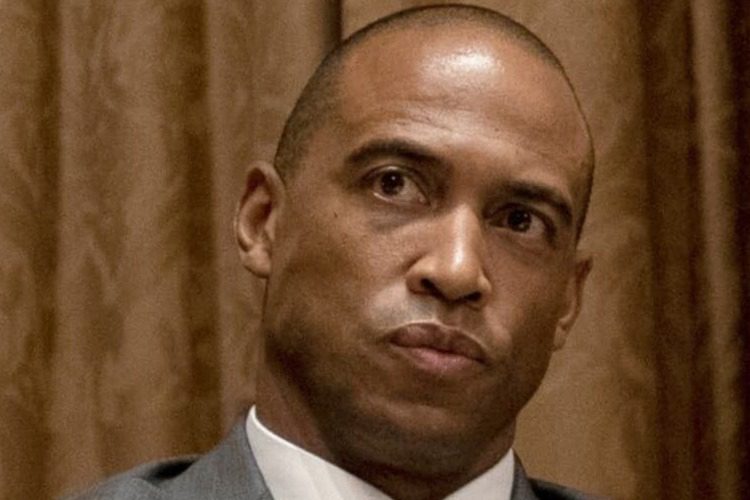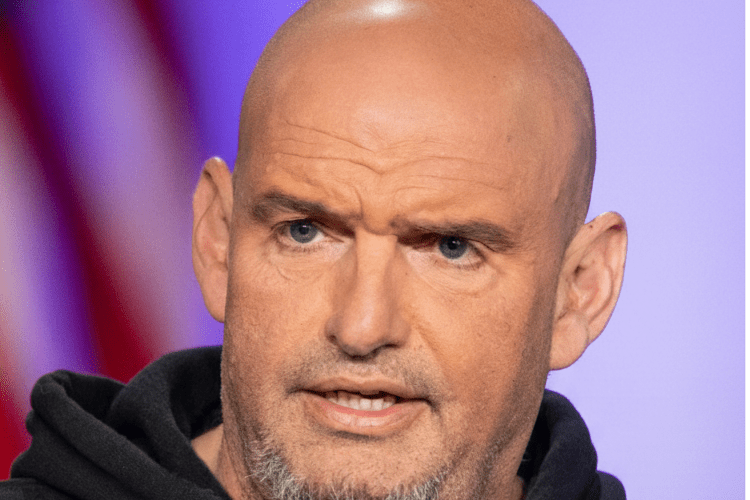From NFL Star to Trump’s Housing Warrior: Scott Turner’s Fiery Call to Deport Millions and Rescue America’s Crushing Rental Nightmare
In the quiet suburbs of suburban Dallas, where the summer sun hangs heavy over manicured lawns and barbecue grills, Maria Gonzalez wipes sweat from her brow as she stares at another eviction notice fluttering on her kitchen table. She’s worked two jobs for years—cleaning offices by night, waitressing through the lunch rush—yet the rent on her modest two-bedroom apartment has climbed 25 percent in just three years, squeezing every penny from her paycheck. Maria’s not alone; she’s one of millions of hardworking Americans caught in the vise of a housing crisis that’s turned the American Dream into a distant memory. Dreams of stability, of kids playing safely in backyards, of holidays without the dread of another rent hike—they’re slipping away like sand through clenched fists. But in the midst of this heartache, a voice cuts through the noise, bold and unyielding: Scott Turner, the nation’s new HUD Secretary, who’s vowing to fight back with a plan as straightforward as it is controversial. Deport the millions of undocumented immigrants straining our public housing resources, he says, and watch the relief ripple out to families like Maria’s. It’s a promise that’s igniting hope in some corners and fierce debate in others, but as Turner steps into the spotlight of President Trump’s revitalized administration, one thing is clear—this isn’t just policy talk; it’s a battle for the soul of affordable living.

Scott Turner’s journey to the helm of the Department of Housing and Urban Development reads like a script from one of those underdog sports movies that leave you cheering through tears. Born in 1972 in Richardson, Texas, to a family that knew the grit of making ends meet, Turner channeled his energy into the gridiron at the University of Illinois, where he not only ran track but also suited up as a wide receiver for the Fighting Illini. Drafted by the Washington Redskins in 1995, he carved out a solid NFL career, bouncing between teams like the San Diego Chargers and Dallas Cowboys, retiring in 2001 after a decade of bone-crunching plays and quiet determination. But football was just the warmup. Back in Texas, Turner traded cleats for a collar, becoming an associate pastor at the sprawling Prestonwood Baptist Church in Plano, where his sermons on resilience and faith drew crowds hungry for inspiration. He married his college sweetheart, Robin, and together they built a life grounded in service—volunteering at shelters, mentoring at-risk youth, and even launching a nonprofit to combat homelessness in their community. By 2018, when Donald Trump tapped him for the White House Opportunity and Revitalization Council, Turner was already a force, blending his pastoral empathy with a no-nonsense approach to economic uplift. Fast-forward to November 2024, and Trump’s landslide reelection propelled Turner straight to the Cabinet, where the Senate confirmed him on February 5, 2025, in a razor-thin 55-44 vote that underscored the nation’s divided heart on these issues.
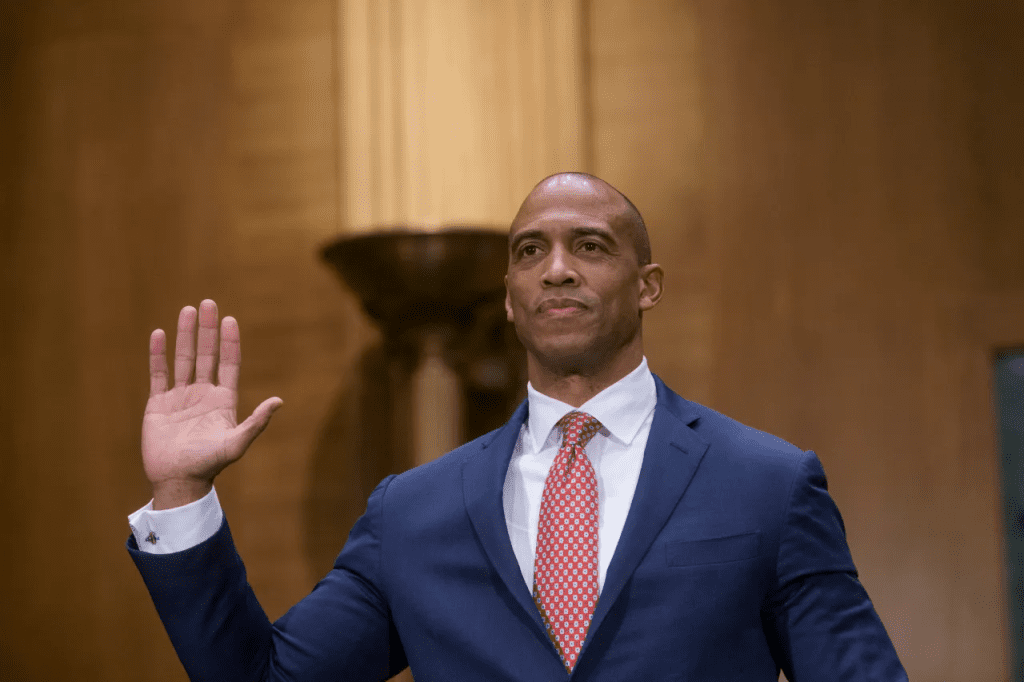
It was a crisp September morning in 2025 when Turner’s words lit up X, formerly Twitter, like a flare in the night sky. “You want to fix housing supply? Deport the millions of illegals that have come across our borders. At HUD, we’re working on just that in our nation’s public housing,” he posted, his profile picture—a sharp-suited figure against the Stars and Stripes—staring out with the intensity of a man who’s seen too many families fall through the cracks. The post wasn’t born in a vacuum; it echoed the Trump administration’s relentless push on immigration, a cornerstone of the president’s return to power. By late September, U.S. Department of Homeland Security announcements boasted that over two million undocumented individuals had been removed or self-deported since Inauguration Day, a milestone that had border crossings plummeting and communities breathing a tentative sigh of relief. Turner’s declaration wasn’t just rhetoric; it was action. Just weeks earlier, on August 30, HUD had rolled out a nationwide crackdown, sending letters to every public housing authority demanding detailed immigration status reports for tenants. Non-compliance? Funding cuts that could shutter programs serving the most vulnerable Americans. “We’re restoring integrity to these vital resources,” Turner explained in a Fox News interview, his voice steady but laced with the fire of conviction. “Federally funded housing serves 2.3 million U.S. households—citizens and legal residents who have earned their place in line. It’s time to prioritize them.”

To understand the weight of Turner’s words, you have to step into the shadows of America’s housing labyrinth, where the numbers tell a story of quiet desperation. The National Association of Home Builders pegs the current shortage at a staggering 4.7 million units, a gap that’s ballooned since the Great Recession’s underbuilding frenzy and exploded further under layers of zoning red tape and skyrocketing construction costs. Rents have surged an average of 30 percent nationwide since 2020, with cities like Austin and Phoenix seeing double that in some neighborhoods. For families like Maria’s, it’s not abstract—it’s the difference between a family dinner and a skipped meal, between a child’s soccer league and screen time alone while parents pull extra shifts. And here’s where immigration enters the fray, a thread woven tightly into the fabric of this crisis. Estimates from the Department of Homeland Security place the undocumented population at over 11 million as of early 2025, many clustered in high-demand urban areas where housing strains under the weight of rapid population growth. While federal law bars undocumented individuals from direct access to programs like Section 8 vouchers or public housing, the reality on the ground is messier. Mixed-status families—those with at least one eligible citizen or legal resident—often qualify, inadvertently stretching resources thin. A 2025 Urban Institute analysis revealed that up to 15 percent of Section 8 households include at least one undocumented member, tying up an estimated $2 billion in annual subsidies that could otherwise flow to verified citizens in dire need.
Turner’s push isn’t about cruelty; it’s about clarity, a recalibration that echoes the administration’s broader vision of America First compassion. Picture Javier Morales, a veteran from Chicago’s South Side, who served two tours in Afghanistan only to return to a waitlist for affordable housing that stretches years. Javier’s story, shared in a viral HUD testimonial video last spring, captures the raw edge of frustration: “I fought for this country, bled for it, and now I can’t even find a roof over my head because the system’s overloaded.” Under Turner’s directive, a March 2025 memorandum of understanding between HUD and DHS has streamlined data-sharing, allowing for swift audits that have already led to the eviction of ineligible occupants in pilot programs across Texas and Florida. Early results? In Houston, where Turner cut his teeth as a community leader, public housing availability jumped 12 percent in the first quarter after implementation, freeing up units for families who’d been sidelined. It’s the kind of tangible win that fuels the emotional fire behind Trump’s mass deportation agenda—a promise kept, as the White House touted in a November 5 anniversary report, with daily removals averaging 25,000 and self-deportations surging as word spreads south of the border.
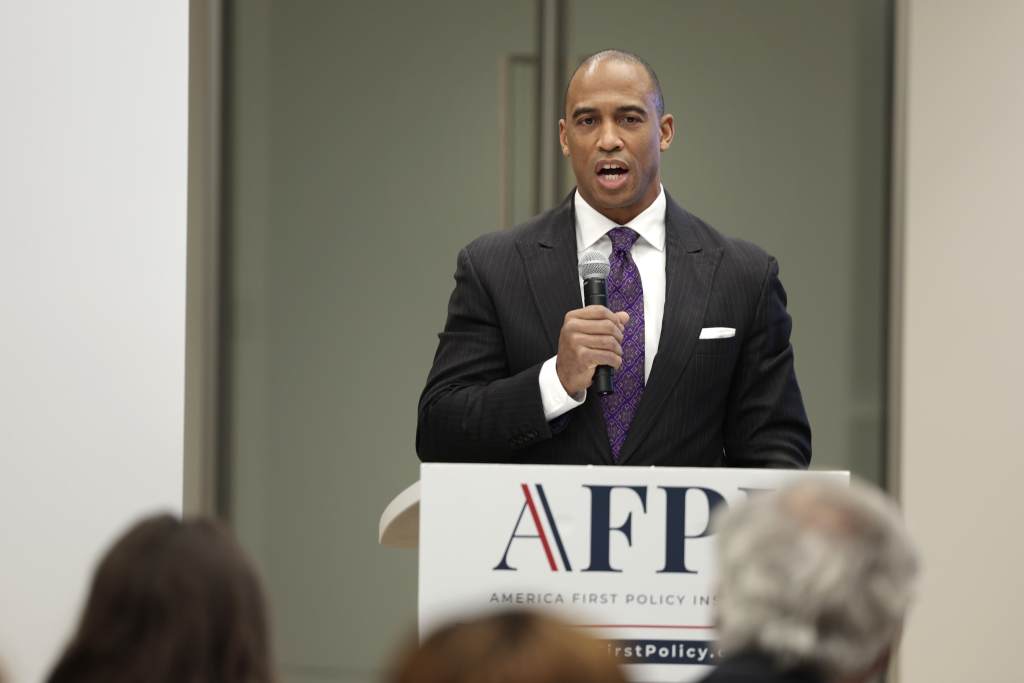
Of course, no conversation this charged comes without pushback, and Turner’s stance has drawn sharp lines in the sand. Critics, from housing advocates in sanctuary cities like San Francisco to Democratic lawmakers penning urgent letters to the Capitol, argue that these measures sow fear in immigrant communities, potentially spiking homelessness among mixed-status families. A poignant April 2025 missive from Senator Bob Menendez warned that “stoking fear to facilitate deportations” diverts precious resources from true solutions, like bolstering construction pipelines. And they’re not entirely wrong to highlight the nuances. Peer-reviewed research, such as a 2023 study from Germany’s DIW Berlin, underscores how influxes of immigrants can drive up housing demand and prices in the medium term—an influx of just 1 percent of a district’s population correlating with up to a 3 percent spike in flat costs. Yet, even here, the picture isn’t black-and-white. A comprehensive 2024 report from Harvard’s Joint Center for Housing Studies paints a more layered portrait: while recent immigrant surges since 2022 have indeed pressured markets, they’ve also coincided with a surprising slowdown in rent growth, thanks in part to the vital labor immigrants provide in construction. Undocumented workers make up nearly 25 percent of the building trades, their hands hammering away at the very homes that ease the shortage. Harvard’s analysis notes that without this workforce, multifamily starts—up 40 percent in 2023—might have stalled entirely, leaving rents unchecked.
But Turner’s response, delivered with the measured grace of a pastor counseling a grieving flock, bridges that tension with unapologetic priority: citizens first, always. “Immigration built this nation, and legal pathways remain wide open,” he said during a June 2025 address marking National Homeownership Month, his eyes locking onto the camera as if speaking to every viewer personally. “But when undocumented entries overwhelm our systems, it’s American families—veterans, single moms, young couples scraping by—who pay the price. We’re not closing doors; we’re securing the home front.” This balanced fervor resonates because it’s rooted in stories, not statistics alone. Take the Ramirez family in Phoenix, featured in a September HUD spotlight: Rosa, a legal resident and nurse, watched her Section 8 voucher dwindle as waitlists ballooned. After a targeted audit, ineligible extensions were trimmed, and Rosa’s family moved into stable housing for the first time in years. Tears streamed down her face in the video as she hugged her kids: “This is what hope feels like.” It’s these human threads that weave Turner’s policy into something profoundly emotional—a reclamation of dignity for those who’ve played by the rules.
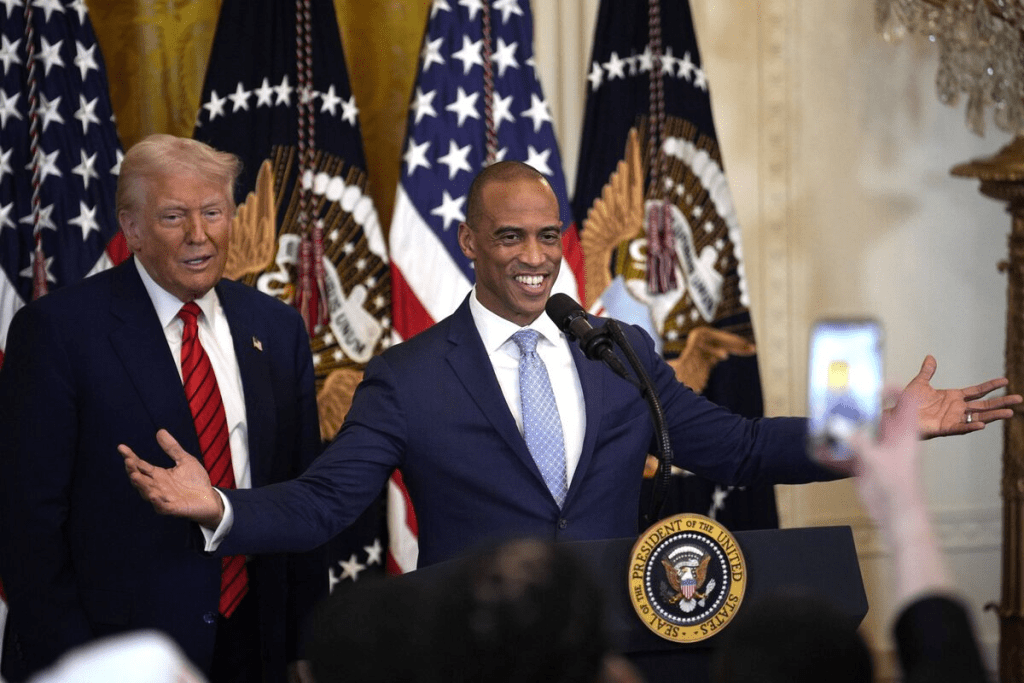
As autumn leaves turn in Washington, the ripples of Turner’s initiative are spreading, intertwining with Trump’s sweeping reforms. The administration’s $40 billion infusion into the Low-Income Housing Tax Credit, announced in July, pairs deportation efficiencies with aggressive supply boosts, aiming to add 500,000 affordable units by 2027. Zoning deregulation pilots in red states like Texas have already greenlit 20 percent more builds, while federal incentives lure domestic workers into trades long dominated by immigrants. Economists at the Brookings Institution, in an October 2024 blueprint updated for the new administration, applaud this dual track: enforce borders to stabilize demand, then flood the market with homes. The result? Early 2025 data shows rent growth cooling to 2.5 percent nationally, the lowest in a decade, even as homeownership ticks up among millennials squeezed by prior policies.
Yet, beneath the policy wins lies a deeper current—the emotional toll of a nation wrestling with its identity. For every Maria celebrating a rent break, there’s a story of upheaval, a family torn by ICE knocks at dawn. Turner acknowledges this in private meetings with faith leaders, his voice softening as he shares his own path from poverty to pulpit. “I’ve held hands with the broken,” he confided to a group of Dallas pastors in April. “This isn’t about hate; it’s about healing what years of inaction broke.” And in that vulnerability, he humanizes the machine of government, reminding us that behind every directive is a man shaped by struggle, faith, and an unshakeable belief in second chances—for those who seek them lawfully.
As we stand on the cusp of 2026, with deportation flights humming and cranes rising against city skylines, Scott Turner’s gambit feels less like a gamble and more like a reckoning. It’s a story of a football hero turned housing healer, charging into a crisis that’s left scars on the American spirit. Will it end the nightmare for families like the Gonzalezes and Moraleses? The early signs say yes, with freed resources flowing to those who’ve waited too long. But success demands more than enforcement; it calls for compassion wrapped in resolve, for building not just homes but bridges to a future where every child knows the security of four walls and a welcome mat. In Turner’s America, that dream isn’t deferred—it’s defended, one bold step at a time. And as the nation watches, hearts heavy with hope and hard-won wisdom, we can’t help but root for the underdog who’s finally calling the plays.
